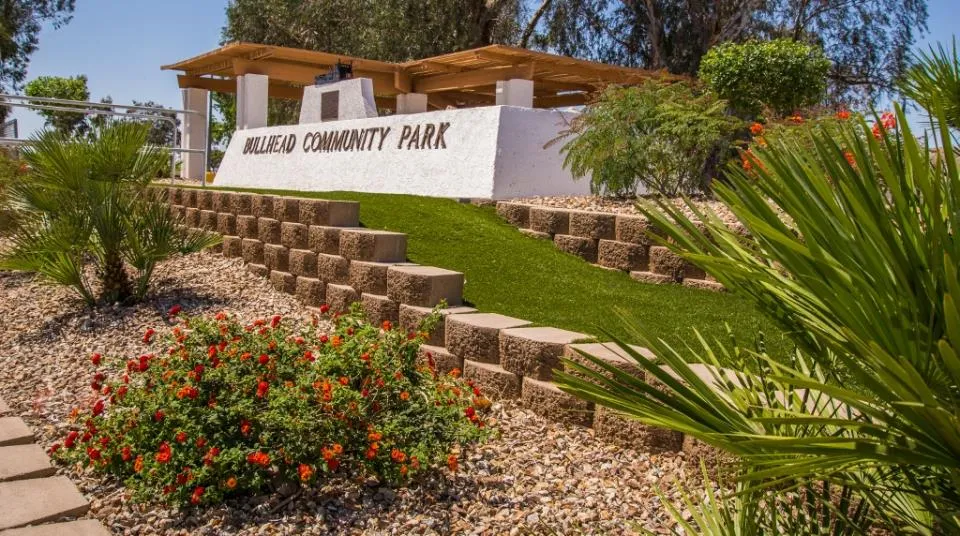ARIZONA – Voters in Arizona will face two significant ballot measures in November 2024 that could reshape the state’s wage landscape. One initiative aims to increase the minimum wage to $18 per hour, while a legislative referral would allow employers to pay tipped workers 25% less than the standard minimum wage under certain conditions.
The minimum wage initiative, backed by One Fair Wage AZ, proposes raising the state’s minimum wage to $18 per hour by January 2025, with subsequent increases tied to inflation. Concurrently, the Arizona legislature has referred a measure to the ballot that would permit businesses to pay tipped workers 25% less than the minimum wage, provided their total earnings, including tips, meet or exceed the minimum wage plus $2 per hour.
These proposals come as Arizona’s minimum wage is set to increase from $13.85 to $14.35 on January 1, 2024 ?, following adjustments based on the consumer price index. The state has a history of voter-approved minimum wage increases, with successful measures passed in 2006 and 2016.
In 2006, voters approved Proposition 202, establishing a state minimum wage of $6.75 per hour, surpassing the then-federal minimum wage of $5.15. A decade later, in 2016, voters passed Proposition 206, which incrementally raised the minimum wage to $12 by 2020 and introduced paid sick leave provisions.
The current $18 minimum wage initiative is on track to qualify for the November 2024 ballot, according to Jim Barton, an attorney for One Fair Wage AZ. Proponents argue that the increase is necessary to keep pace with the rising cost of living, particularly in urban areas like Phoenix.
“Businesses can afford to pay their workers a fair share,” Barton stated, challenging the notion that restaurants need to rely on customer tips to fulfill wage obligations.
Supporters of the wage increase contend that it would help reduce poverty and decrease dependence on social services. They argue that ensuring all workers, including tipped employees, receive a reliable base wage is crucial for financial stability.
However, the initiative faces opposition from business groups and some lawmakers who worry about its potential impact on small businesses and the broader economy. Critics argue that a significant increase to $18 per hour could strain small businesses, potentially leading to closures or reduced hiring.
The restaurant industry, in particular, has expressed concerns about the proposed changes. This led to the legislative referral that would allow tipped workers to be paid less than the standard minimum wage.
Under current Arizona law, businesses can pay tipped workers $3 less than the minimum wage, provided their total earnings with tips equal or exceed the minimum wage. The proposed amendment would expand this, allowing employers to pay tipped workers 25% less than the minimum wage if their total earnings, including tips, amount to at least the minimum wage plus $2 per hour.
State Rep. Justin Wilmeth, who sponsored the legislative referral, defended the measure, stating, “We all know that the restaurant industry is a very small profit industry. If you have a disparity in a forced raise of costs for a business, they will either shut down, limit staff or make other alternatives.”
Opponents of this tipped worker exception argue that it could lead to wage instability for service industry employees. Some workers, particularly those at Sky Harbor Airport, have reported that their base pay often goes entirely towards healthcare costs and taxes, leaving them reliant on tips for their living expenses.
The debate over these measures reflects broader discussions about fair compensation, business viability, and economic policy. Proponents of higher wages argue that they are necessary for workers to afford basic necessities, especially given the rising costs of housing in Arizona’s urban areas.
According to the National Low Income Housing Coalition, workers in Arizona need to earn at least $33.46 per hour to afford a two-bedroom apartment. This gap between current wages and living costs has led some workers to extreme measures, with reports of airport food service employees sleeping in their cars due to inability to afford housing.
The proposed changes have also sparked discussions about the nature of tipped work and the restaurant industry’s business model. While some argue that tips are an integral part of server compensation, others contend that businesses should not rely on customer generosity to fulfill wage obligations.
Marian Rosenberry, a junior at Arizona State University working a food service job on campus, highlighted the complexities of the current system. “My coworkers have pointed out that after tax, that’s less than the minimum wage. And then also, it’s an on-campus job and we’re not allowed to accept tips. I didn’t realize that I make no supplemental income,” Rosenberry said.
The debate has also revealed divides among lawmakers based on their personal experiences. Some, like Rep. Wilmeth, draw on their past work as servers to argue for the tipped worker exception. Others, like Rep. Lorena Austin, a Democrat from Mesa, have shared struggles of working multiple server jobs and lacking health care due to low wages.
As the November 2024 election approaches, voters will need to weigh these complex arguments. The outcome will have significant implications for workers, businesses, and the overall economic landscape of Arizona.
These wage-related measures are part of a larger slate of 11 ballot measures that Arizona voters will decide on in 2024. Other notable measures include proposals related to immigration enforcement, term limits for judges, and signature requirements for ballot initiatives.
The minimum wage debate in Arizona reflects a national trend, with similar initiatives appearing on ballots in other states. In 2024, Alaska and California will also vote on minimum wage increases.
As election day nears, both sides of the debate are likely to intensify their campaigns. Supporters of the wage increase will need to make their case that higher wages are necessary for economic justice and worker dignity. Opponents, meanwhile, will need to convince voters that the proposed changes could have unintended negative consequences for businesses and the overall economy.
Ultimately, Arizona voters will have the final say this November at the polls.
–Jeremy Webb








